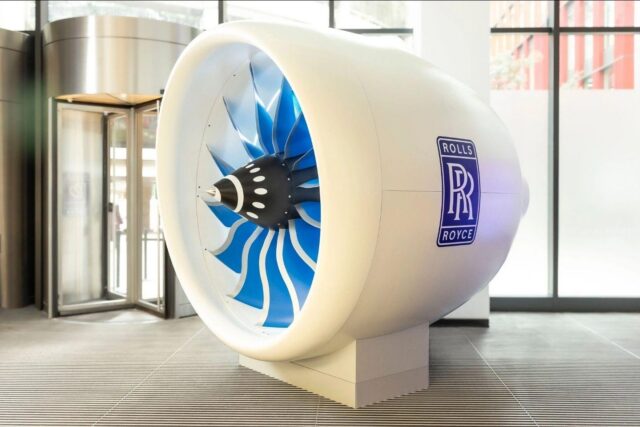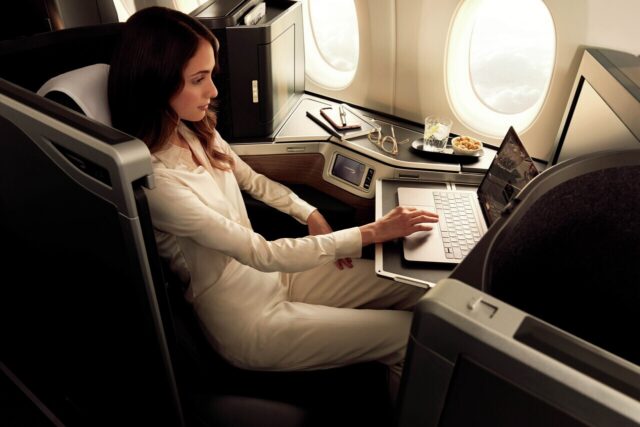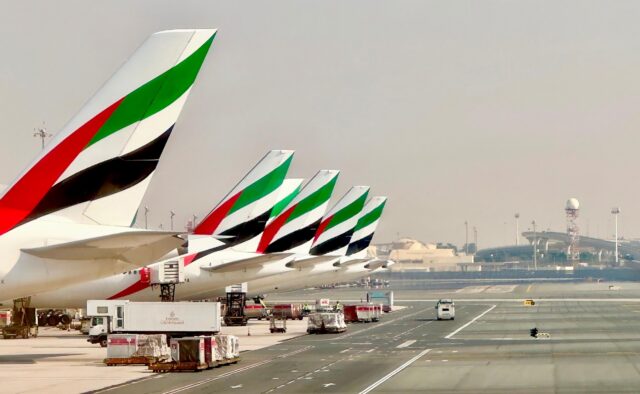Southwest and United Airlines expand loyalty programs with new debit card options

November 9, 2025

Two major US airlines have added debit cards to their loyalty programs, appealing to consumers who don’t use credit cards. United Airlines and Southwest Airlines have each introduced co-branded debit cards that allow customers to earn miles or points on everyday spending. The move will help the airlines capture a broader share of consumer transactions and strengthen the value of their loyalty programmes.
United launched its MileagePlus Debit Rewards Card on November 4, while Southwest unveiled its Rapid Rewards Debit Card a week earlier. Both products are issued by Sunrise Banks, backed by Visa, and powered by Galileo, a technology platform owned by SoFi that provides the infrastructure for modern card programs.
United’s new loyalty approach: earning miles through spending and saving
United’s new card lets customers earn MileagePlus miles on purchases and on qualifying account balances. This structure combines traditional spending rewards with banking incentives. On United purchases, the card earns 1 mile per $1 spent; on all other eligible purchases, it earns 1 mile per $2 spent. With an average balance of $2,000 or more, consumers can avoid paying the $4 monthly fee. They can earn 2,500 bonus miles per year for maintaining average balances between $2,500 and $4,999.99, or up to annual 70,000 bonus miles for average balances above $50,000.
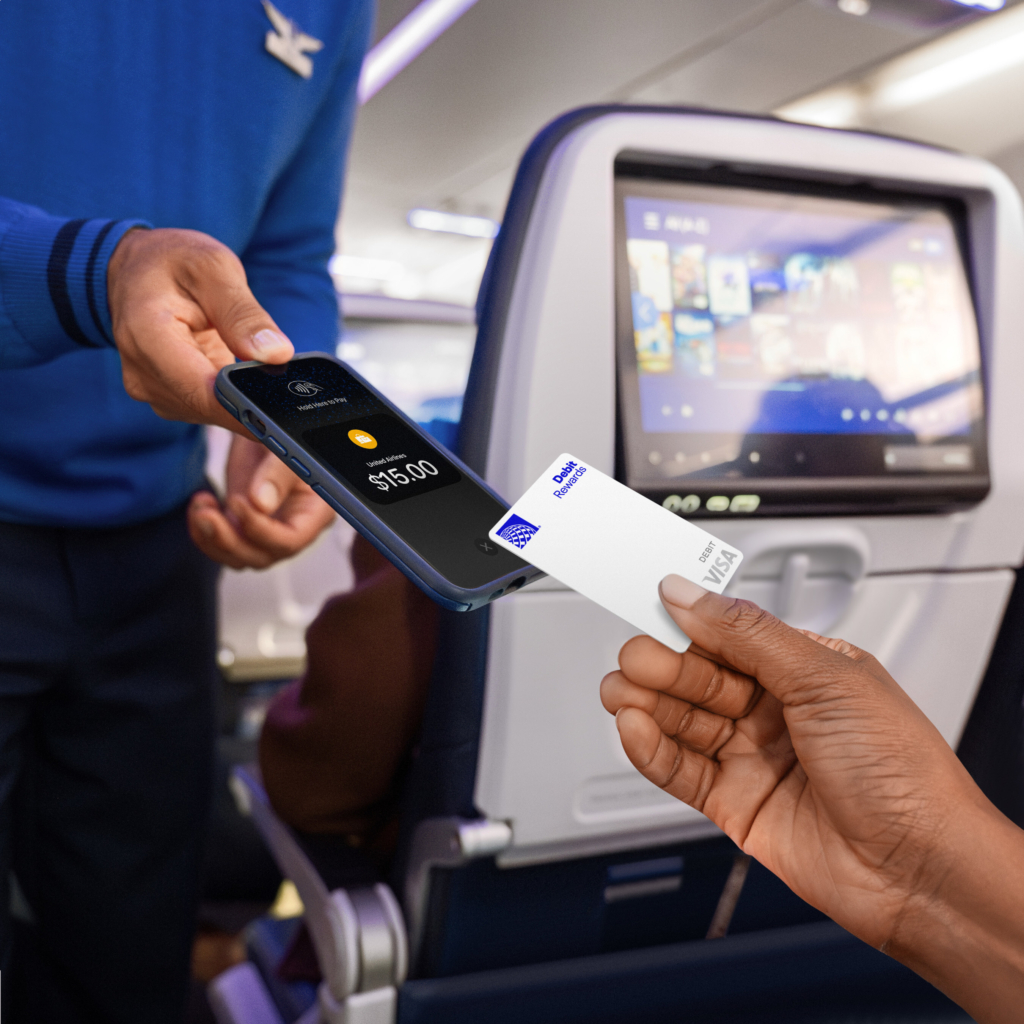
United is also offering a 10,000-mile bonus for new accounts after qualifying spend. The card does not require a credit check, and deposits are FDIC-insured through Sunrise Banks.
“This new debit rewards card offers customers an additional way to earn miles, whether they’re spending on United flights or everyday purchases,” said Bob Daly, United’s Managing Director of Global Co-Brand Cards, in the launch announcement. United describes the card as an extension of its broader loyalty strategy, allowing more customers to participate in MileagePlus without taking on credit.
Southwest’s debit debut: reaching travellers who prefer cash and checking
Southwest’s Rapid Rewards Debit Card, announced October 28, follows a similar model. Customers earn 1 Rapid Rewards point per US dollar spent on Southwest purchases and 1 point per $2 on everyday transactions such as groceries or streaming subscriptions. A promotional offer provides a 2,500-point welcome bonus after two recurring deposits and $100 in spend within the first 90 days. The card includes app-based spending controls and account tools.

Like United’s card, Southwest’s debit offering is issued by Sunrise Banks and operates on the Galileo platform. The airline said the product reflects growing consumer demand for debit as their primary payment method.
“With more than 90% of Americans using debit cards, expanding our award-winning Rapid Rewards loyalty program to include a debit card was a natural next step,” said Tony Roach, EVP Chief Customer and Brand Officer at Southwest Airlines. “Whether it’s a college student looking to book a flight to watch their favourite team, a parent setting up an account for a recent graduate, or a cash-savvy Customer looking for another way to earn rewards, the Rapid Rewards Debit Card offers unlimited options to turn everyday spending into that next Southwest flight.”
Why airlines are entering the debit market
For airlines, loyalty programs have long relied on branded credit cards, which generate substantial revenue through marketing partnerships with banks and card networks. Debit cards operate under a different financial model: interchange fees on debit transactions are significantly lower than those on credit, especially under the US Federal Reserve’s Regulation II, which caps debit fees for large issuers at $0.21 plus 0.05% of the transaction amount.
Despite the slimmer margins, airlines see value in broadening access to their loyalty ecosystems. Federal Reserve data show that debit cards account for roughly one-third of all consumer payments in the United States. By extending mileage earned to debit spending, airlines can reach consumers who prefer cash payments or avoid credit altogether.

In a recent interview, Bill Kennedy, Galileo’s CFO and interim CEO, told PYMNTS that bringing debit into the airline loyalty space is likely to attract a younger cohort of travellers.
“The younger population skews more toward experiences,” he said. “They also skew more to debit. It’s a combination of bringing new customers in, making them loyal to your brand by giving them rewards and access to perks, and building that loyalty with that consumer.”
That could help airlines strengthen brand loyalty early, creating potential long-term members of their frequent-flyer programs.
The debit model also supports inclusion. Because debit cards do not require credit checks, they open the door to those without established credit histories or whose credit histories would prevent them from signing up for the airline-branded credit card.
Debit cards: a new layer in the loyalty ecosystem
Debit card partnerships also give airlines another data stream linking financial behaviour to travel activity. Each transaction can inform marketing strategies, enabling more personalised promotions and ancillary offers.
Debit cards also address recent legislative efforts to regulate airline loyalty credit card schemes and address the perception that these programmes may not be in consumers’ best interests. United’s balance-based mileage structure, for instance, ties loyalty not only to spending but also to saving, rewarding customers for maintaining deposits—a sounder financial plan than taking on more debt to travel.
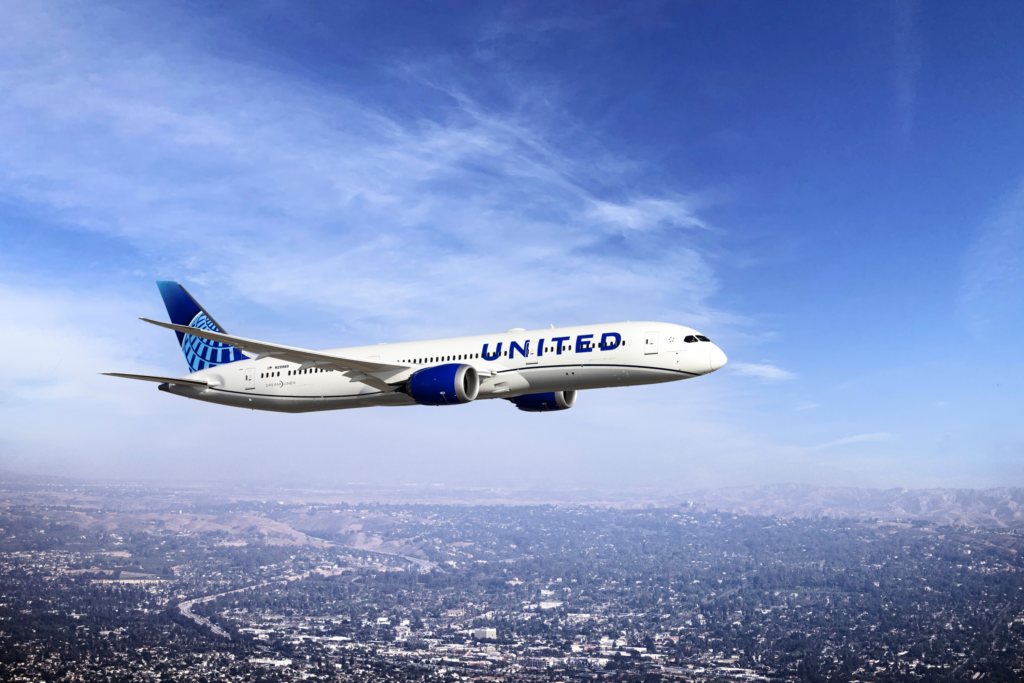
From a technology perspective, both airlines benefit from new-generation card-issuing platforms like Galileo, which handle compliance, settlement, and digital banking. That allows airlines to focus on branding, rewards, and integration with their loyalty systems without operating as full-service banks.
The timing is right for introducing debit cards, with fintech firms making it easier for consumer brands to launch payment products. Similar collaborations have appeared in retail and hospitality, where companies use debit-based accounts to encourage repeat business and collect transaction insights.
Not quite as profitable as credit cards, but open to a larger market
While debit cards expand access, their economics are more limited than those of credit cards. Airlines typically earn less from each transaction and must design rewards that are sustainable at lower interchange rates. As a result, the earning rates for debit cardholders are modest—one point or mile per $2 on everyday purchases—compared with richer rewards and status points which travellers can earn when using airline co-branded credit cards.
Frequent travellers who already carry premium credit cards with perks such as lounge access, travel credits, or elite-status boosts may see little reason to switch. Debit cards will likely appeal more to casual travellers, younger consumers, or those who prefer not to borrow.

The near-simultaneous launches by United and Southwest suggest the start of a broader shift. Other airlines could follow if these products gain traction. The model may prove particularly appealing to carriers seeking new ways to engage infrequent travellers and diversify revenue sources beyond ticket sales.
The debit push also reflects a changing payments landscape. Many consumers—especially younger generations—favour digital banking apps and real-time payments over traditional credit products. By offering debit cards that connect directly to their loyalty programs, airlines are adapting to those behaviours rather than expecting customers to adapt to them.
Whether debit-based rewards can match the profitability and scale of credit card partnerships is still to be determined. But the strategic rationale for airlines is straightforward: every payment type represents an opportunity to strengthen brand loyalty.
Featured Image: Ashlee D. Smith | Southwest Airlines
